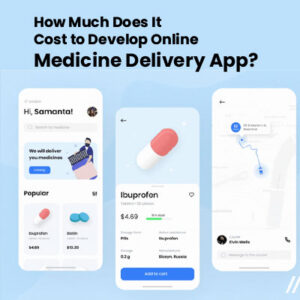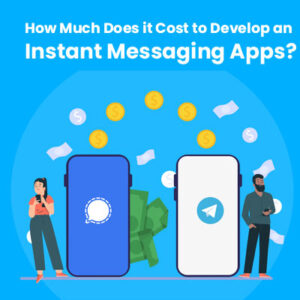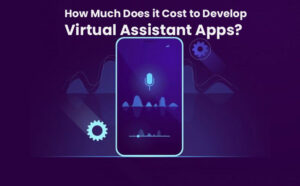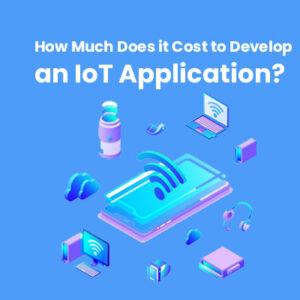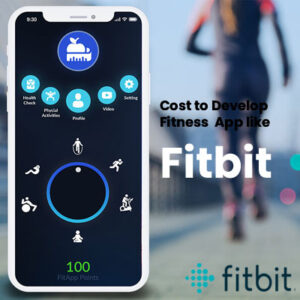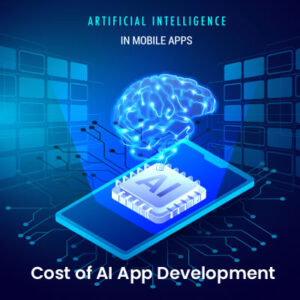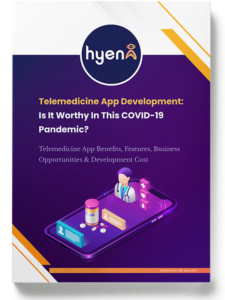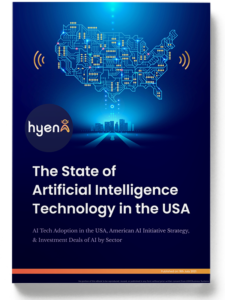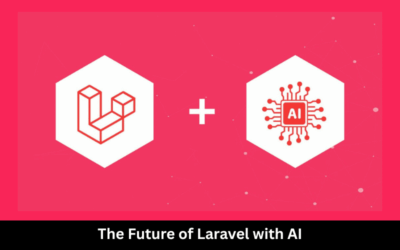Benefits of AI Medical Scribe and Transcription Solutions
The Benefits and Pitfalls of AI Medical Scribe and Transcription Solutions
Artificial intelligence changed the face of many industries similarly with its emergence and has made no exception for the health sector. Scribing and transcription solutions also have found their way. They use AI as an important tool for medical professionals to streamline workflow and reduce the administrative burden. However, there are a few challenges to incorporating AI systems in clinical settings. Fear of inaccuracy and data breach as well as job displacement are core challenges. Explore the advantages and disadvantages of AI medical scribe and transcription solutions in this article.
Benefits of AI Medical Scribe and Transcription Solutions
Increased Efficiency and Productivity
Among the many benefits that AI medical scribes and transcription tools can bring is increased efficiency. Traditionally, doctors and nurses spend a lot of time documenting patient encounters, which often diverts their focus away from actual patient care. AI-driven systems can transcribe spoken words almost in real time into written text and can do much of the documentation work automatically. This would allow the health care professional to focus more on their patients rather than on the paperwork.The dictations, notes, and other types of verbal inputs can be made into highly accurate transcriptions, saving hundreds of hours of hand documentation each week. These AI systems can easily interface with electronic health record (EHR) systems, reducing even more manual processes and opportunities for errors based on manual input.
Higher Accuracy and Consistency
AI transcription tools can dramatically enhance the accuracy of clinical documentation over human transcribers. Obviously, human mistakes are likely to involve mishearing the medical term or missing the context. Well-trained in medical terminology, an AI system could work with a level of extreme precision on the highly specialized language.
Another advantage of AI-powered transcription solutions is that they provide consistent documentation of patient encounters. An AI system operates on set formats and standardized medical terms, ensuring that there will be no misinterpretation or variation in recording patient information. This consistency is important for the safety of the patient, for billing accuracy, and for regulations.
Cost Savings
The money-saving aspect of AI-based medical scribes and transcription tools is tremendous for health organizations. Traditional human transcription services are either in-house or outsourced, and recurring costs are incurred very quickly.
More to that, AI systems are not fatigued while processing many tasks at once like human employees do, requiring time off for a break, hence further cost savings that are productivity-related. These can be invested in other areas of healthcare delivery, like improving patient care or service increase.
Better Patient Care
AI transcription and scribe services save time spent in documentation to a large extent; therefore, these professionals have many more hours dedicated to patients’ care. Thus, physicians would spend more hours listening to patients, providing thorough examinations, and delivering specially tailored treatment, hence resulting in better results on the final outcome.
These tools also ensure the quality of care since the documentation there is correctly accurate with respect to showing the patient’s condition and the treatment plan. Properly transcribed data also ensures that other members of the healthcare team have updated information, which ensures improvement in decision-making.
Real-Time Documentation
AI-based medical scribes can record doctor-patient interactions in real time. This means that the clinical documentation is created at the time of the patient encounter, so it will be available in real time for an updated patient record. The real-time feature is particularly helpful for healthcare providers working in emergency or high-paced situations, such as emergency rooms or intensive care units, where a timely decision needs to be taken.
There is more interprofessional coordination with real-time documentation. Physiatrists and specialists, or all the doctors in the network, can view what a patient undergoes through his/her health record in real-time, ensuring proper coordination towards making effective decision-making.
Advanced data analytics and NLP.
These NLP technologies empowered transcription tools that could capture the subtlest of implications of what a human being would be verbalizing. With NLP in play, systems will examine not only what a person says but also where or when it was communicated. It helps the transcription effectively be more readable in written words.
Another area where AI transcription tools are useful is in the extraction of structured data from medical documents. It can then be used for advanced data analytics that will support evidence-based medicine, predictive analytics, and personalized treatment plans. AI can quickly analyze large amounts of medical data and find patterns that may not be easily seen by human practitioners.
Pitfalls of AI Medical Scribe and Transcription Solutions
Accuracy and Reliability Issues
Despite the huge progress in AI technology, the problem remains accuracy. Artificial Intelligence (AI) transcription tools are very efficient for transcribing general speech, but they become specialized and complicated when they are related to medical terms. Devastating results may occur with the inaccurate transcription of medical terms or diagnostics, like improper treatment, misdiagnosis, or delay in the treatment process.
Data Privacy and Security Issues
The second concern is that the AI medical scribe and transcription solutions handle sensitive patient information. It requires access to large amounts of patient data, including medical histories, diagnoses, and treatment plans. Data transmission and storage related to such sensitive information raise questions about data privacy and security.
Loss of human touch in documentation
These AI tools might work highly efficiently in transcribing and documenting medical encounters but lack a human touch so essential in the given context. At times, the AI system fails to perceive subtle human aspects of communication like emotional cues or contextual subtleties. Thus, the details will be missed or documented inaccurately. In this respect, aspects of the condition or care may be missed and, therefore, not recorded or documented properly.
Job Displacement Concerns
The increasing use of AI in transcription and scribing means that there is a possibility people are going to lose their jobs, especially in the professions of transcription and medical scribing. There is a potential for losing employment as the AI systems are taking most of the low-wage jobs.
Limited Adaptability to Complex Cases
AI medical scribe and transcription systems perform pretty well in routine and simple cases but lag in handling complex situations. For example, if it’s an unusual medical condition or some complex decision-making for a doctor, then AI cannot capture or transcribe the interaction properly that portrays the complexities of such a case.
Dependency on Technology
If the health care organization mainly depends on AI to do the job of medical scribing and transcription, there is a potential danger in the establishment of a dependency culture through the technology. This usually stops the flow and leads to delay or complete abandonment of a segment of patient care documentation.
Conclusion
AI medical scribe and transcription solutions bring tremendous efficiencies both in terms of cost savings as well as betterment in patient care. This will in turn reduce administrative burdens on doctors as they spend more time with patients instead of writing paper records. On the other hand, it might also ensure higher accuracy and uniformity in the documentation of medical notes, which really goes a long way in patient safety and clinical judgment.
Connect to our mobile app development experts, if you have any queries on AI in medical scribing and transcription services and solutions development.

